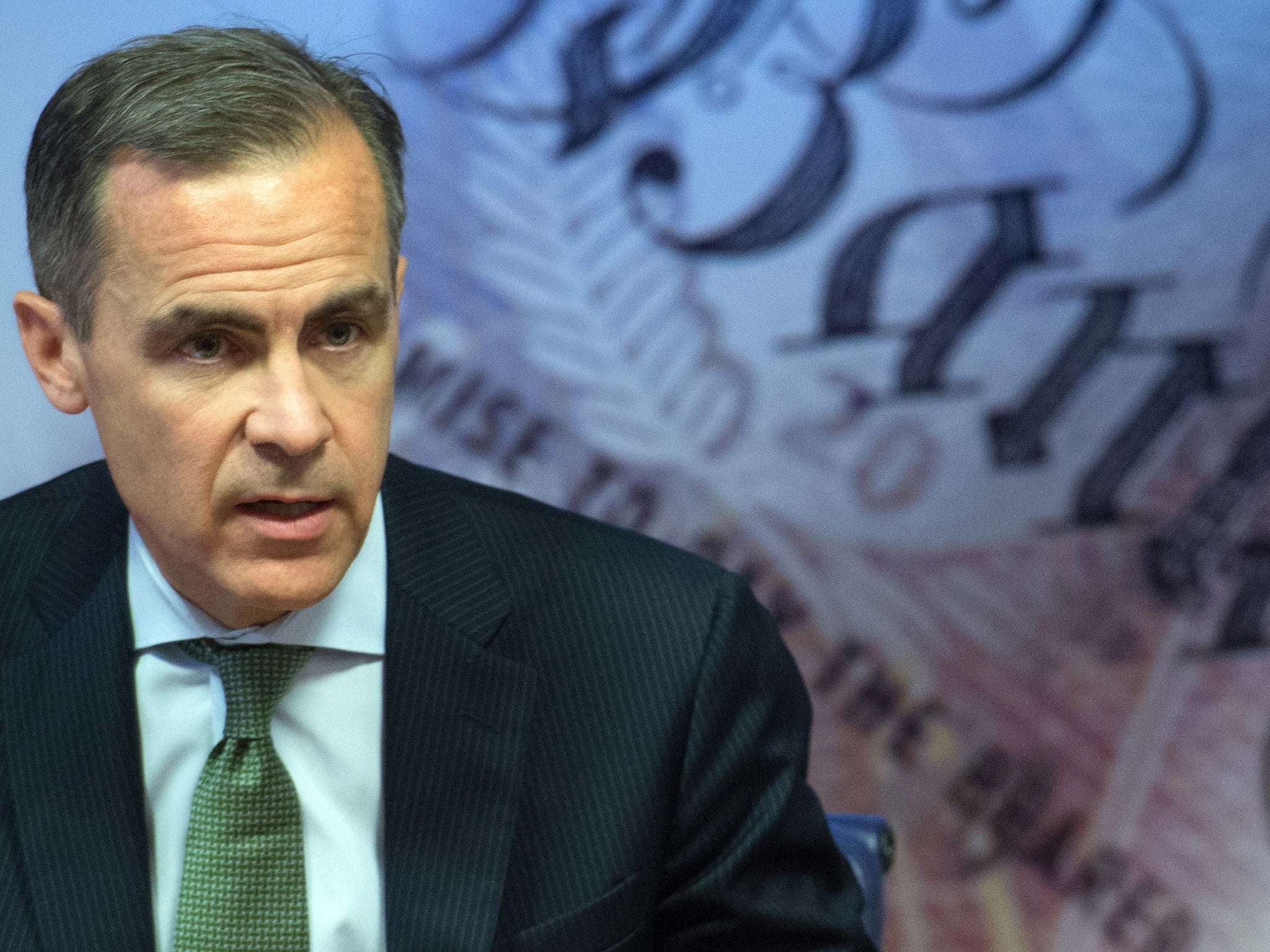Unemployment: Fall in jobless total is second biggest on record, renewing speculation about interest rate rise
Drop takes rate within 0.1% of threshold at which Bank of England could end interest rate freeze - but it may still "move the goalposts"

Unemployment has fallen to its lowest figure for almost five years, but the drop is unlikely to trigger an early rise in interest rates.
The number of jobless dropped by 167,000 in the three months to November to 2.32m, the second biggest fall on record. The unemployment rate fell to 7.1 per cent, close to the seven per cent at which the Bank of England will consider an increase in interest rates.
However, the Bank is expected to “move the goalposts” next month by changing its strategy. The threshold may be cut to 6.5 per cent and other factors may be taken into account.
Minutes of the last meeting of the Bank’s Monetary Policy Committee accepted that unemployment would reach the threshold "materially earlier" than expected. With inflation back to the Government’s two per cent target, the committee “saw no immediate need to raise Bank Rate even if the seven per cent threshold were to be reached in the near future. Consequently when the time did come to raise Bank Rate, it would be appropriate to do so only gradually."
Ministers hope that any interest and mortgage rate rises will be delayed until after the general election in May next year and some City analysts predict their wish will be granted. Howard Archer, chief UK economist at City forecaster IGS Global Insight, said: “We believe the odds remain strongly in favour of interest rates staying at 0.5 per cent all through 2014. While rates will probably start rising in 2015, this may still not happen until around the middle of the year.”
Dr John Philpott, director of The Jobs Economist, said: "It's now inevitable that unemployment will soon fall below the Bank of England's forward guidance rate of seven per cent. However, the weakness of pay growth suggests there is still a considerable amount of slack in the labour market which for the time being remains an inflation free zone. Better news on jobs is no reason for an early rise in UK interest rates."
Yesterday’s figures showed that average wage growth has remained at 0.9 per cent - well below the two per cent level of inflation. The Bank is under pressure to consider using pay growth as an additional threshold for its policy on rates.
Ministers welcomed the faster than expected fall in unemployment. The quarterly fall of 167,000 is the biggest since the autumn of 1997 and the second largest since records began in 1971. The number of people in work reached a record high of just over 30m, giving an employment rate of 72.1 per cent, an increase of 0.5 per cent over the three months to November. The number claiming Jobseeker’s Allowance in December fell by 24,000 to 1.25m.

David Cameron and Ed Miliband clashed over the figures in the Commons, after the Labour leader accused the Prime Minister of being “complacent” about a fall in average wages of more than £1,600 since the Coalition was formed. Mr Cameron argued that this figure did not take account of increases in the personal tax allowance, insisting that take home pay rose faster than inflation in 2012-13. He hailed the biggest ever quarterly increase in the number of people in work.
But Mr Miliband said it was “scandalous” that a majority of 13 million people living in poverty are in work rather than jobless.
Mr Cameron blamed the slow growth in pay on “the mess” left by Labour and “the longest and deepest recession in living memory.” He told Mr Miliband: "You are like an arsonist who goes around setting fire after fire and then complains when the fire brigade aren't putting out the fires fast enough.”
Mr Miliband replied that Mr Cameron “cannot be the solution to the cost of living crisis because he just does not understand the problem".
Join our commenting forum
Join thought-provoking conversations, follow other Independent readers and see their replies
7Comments